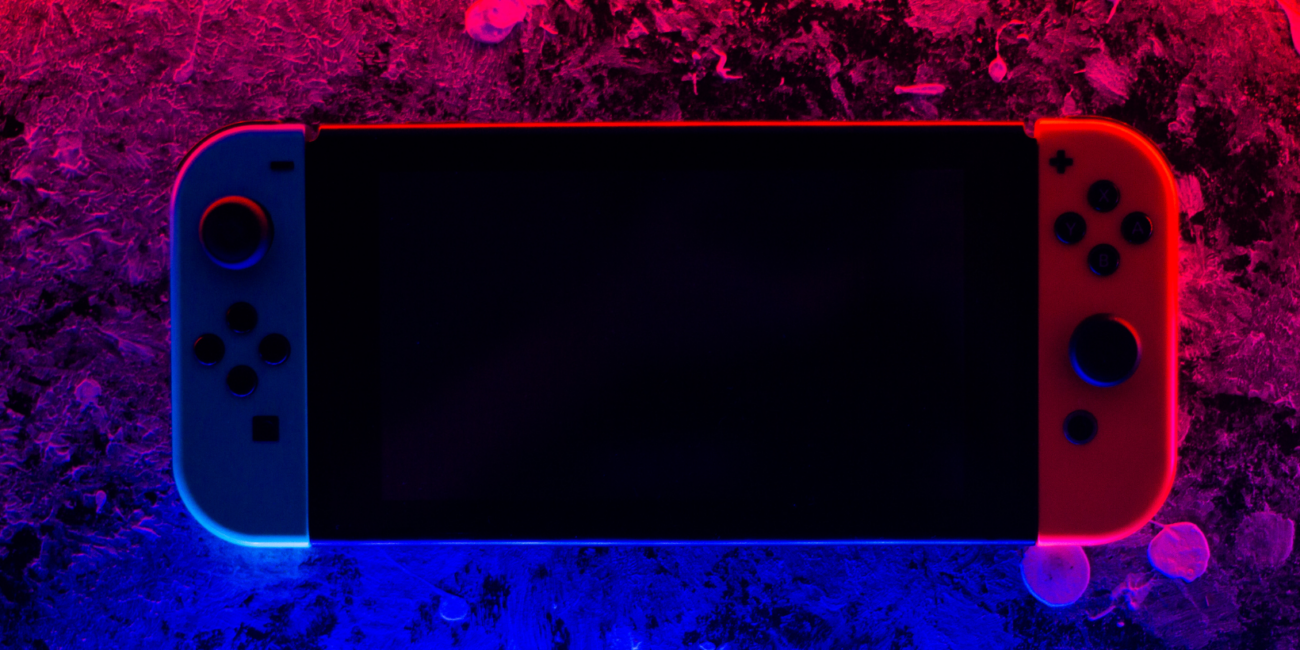There is a common trend emerging in Hollywood – a dramatic shift in its source material for blockbuster hits. The industry has begun to move away from traditional comic book and novel adaptions to increasingly popular video game adaptions.
Historically, video game adaptions from the mid-2000’s were considered flops for the studios – think of Doom, Prince of Persia and Mortal Kombat. However, in recent years there has been a marked change with hugely popular titles releasing – The Last of Us, Fallout and Sonic the Hedgehog. This evolution marks a significant moment for the entertainment industry – it reflects changing consumer tastes and the expanding influence of the gaming industry.
The gaming industry has had a substantial impact on Hollywood, both culturally and financially. As of 2023, the global gaming market was valued at over $200 billion, while the global box office revenue for the film industry was around $40 billion. This financial power has made video games an appealing source of intellectual property for Hollywood, with studios seeking to capitalise on established franchises with built-in fan bases. Meanwhile, video games have transitioned from a niche hobby to a mainstream cultural phenomenon. This is just another reason as to why Hollywood has had to shift their view on video games being a serious storytelling medium.
The Evolution of Video Game Adaptations
For years, video game adaptions had been met with skepticism, plagued by non-existent budgets and sloppy execution. To understand why this change has come about it is important to understand the evolution of video games and how their narratives are explored. From the mid-2010’s, video games have become more complex, character-driven, and emotionally resonant, coupled with outstanding graphical & UI leaps. These changes have made video games ideal for adapting into film and television.
As the gaming industry grew in cultural and financial influence, Hollywood began investing heavily in these projects, leading to higher production values, including advanced CGI, detailed set designs, and collaboration with game developers to ensure authenticity. Consequently, audiences’ expectations have evolved; they now demand not only faithful representations of their favourite games but also complex, character-driven narratives that reflect the depth and emotional impact of the original source material. This shift has transformed video game adaptations from poorly regarded projects into highly anticipated and respected entertainment offerings.
Success Stories and Changing Perceptions
Recent successes, such as The Last of Us, Fallout, Sonic, Super Mario Bros and Uncharted, have played a crucial role in changing the narrative surrounding video game adaptions. There is a common theme to the success of these projects: staying true to the source material. Moreover, these adaptions have added depth and cinematic quality that has resonated with both gamers and general audiences.
The critical and commercial success of projects like The Last of Us, have set a new standard and encouraged more studios to invest heavily in this genre.
Challenges and Future Prospects
While the future of video game adaptions looks promising, it will not come without its challenges. Adapting interactive experiences into a passive viewing medium requires a delicate balance to maintain the essence of the game while making it accessible to general audiences. Moreover, Hollywood needs to avoid previous pitfalls of past adaptions, which often sacrifice solid narrative for spectacle.
One clear example of this would be the recent film adaption of Gearbox’s Borderlands franchise, (a series which has sold over 83 million units (Video Games Chronicle) since it’s launch in 2009) which has had a more than disappointing box-office run, a considerable disappointment for Lionsgate. Unfortunately, the Borderlands adaptation succumbed to familiar pitfalls, prioritising spectacle over world-building and a cohesive narrative. This approach has left both dedicated fans and the general public dissatisfied with the final product.
The industry is still experimenting with the best ways to translate video game storytelling to the screen, but as more projects succeed, the formula will become clearer.
Conclusion
The swift rise of video game adaptions in film and television underscores a shift in Hollywood’s approach to blockbuster content. Once relegated to low-budget failures, these adaptions have evolved into high-profile projects that have now begun to rival literary adaptions. As studios increasingly invest in high-quality productions and remain true to the source material, they will continue to meet the ever-growing expectations of audiences.
Although challenges remain – such as maintaining narrative depth while remaining true to interactive experiences – the ongoing success of recent adaptions suggests a promising future for the genre. As Hollywood continues to navigate this dynamic landscape, the video game industry will continue its rapid growth, exploring how games can be taken to the next immersive level.
In short – Hollywood is only just beginning to tap into the potential that the ever-changing video game market can offer.
Sources:
- The Economist article on Hollywood’s relationship with video games.
- Cosmopolitan article on the rise of video game adaptations.
- Game Developer piece on the YA model for adaptations.
- Bloomberg article on how Hollywood is combating superhero fatigue with video game adaptations.


